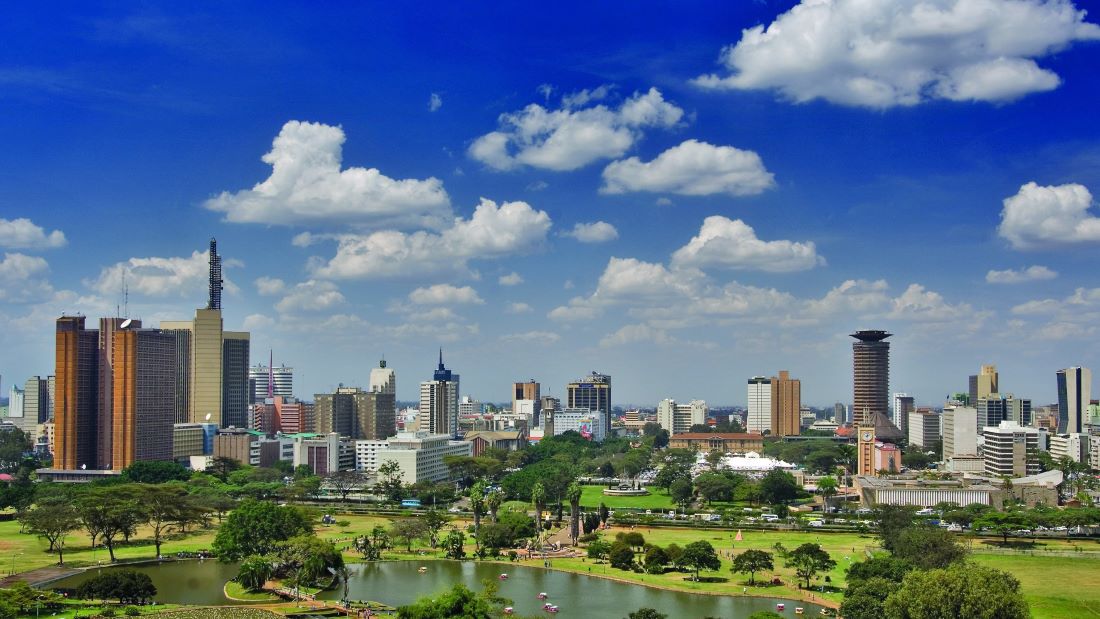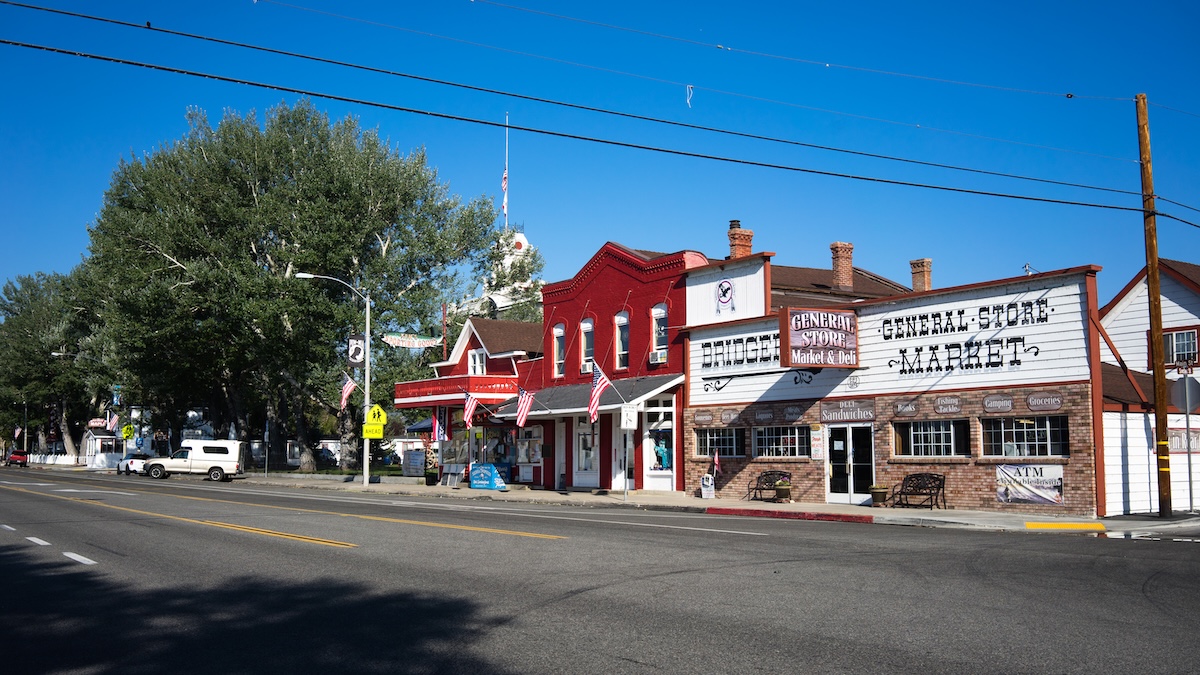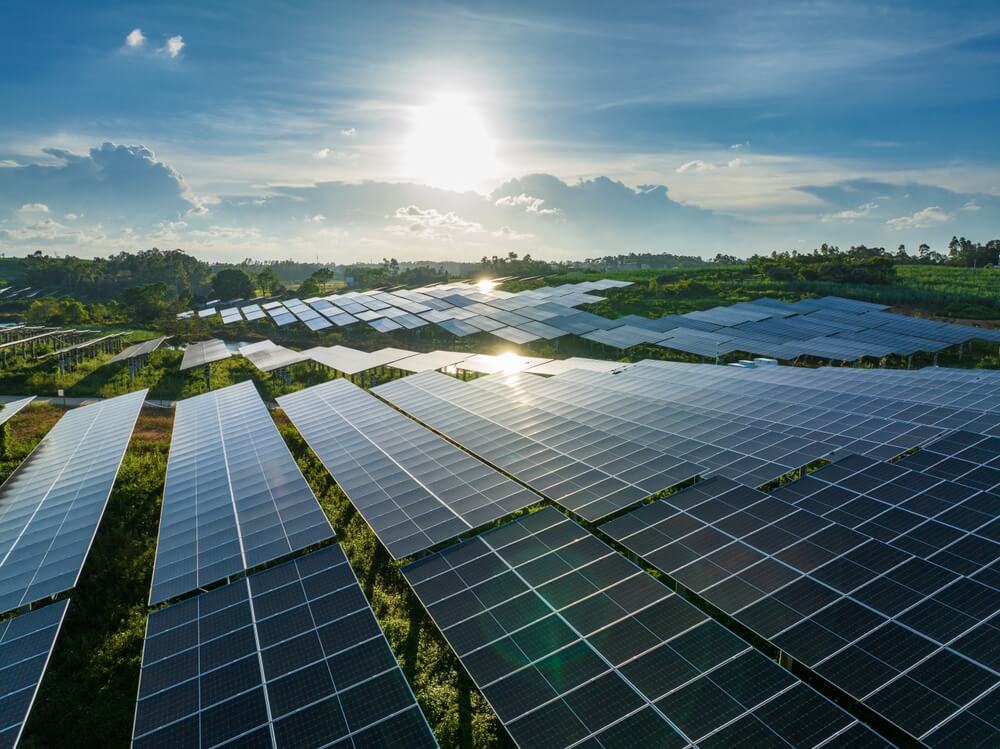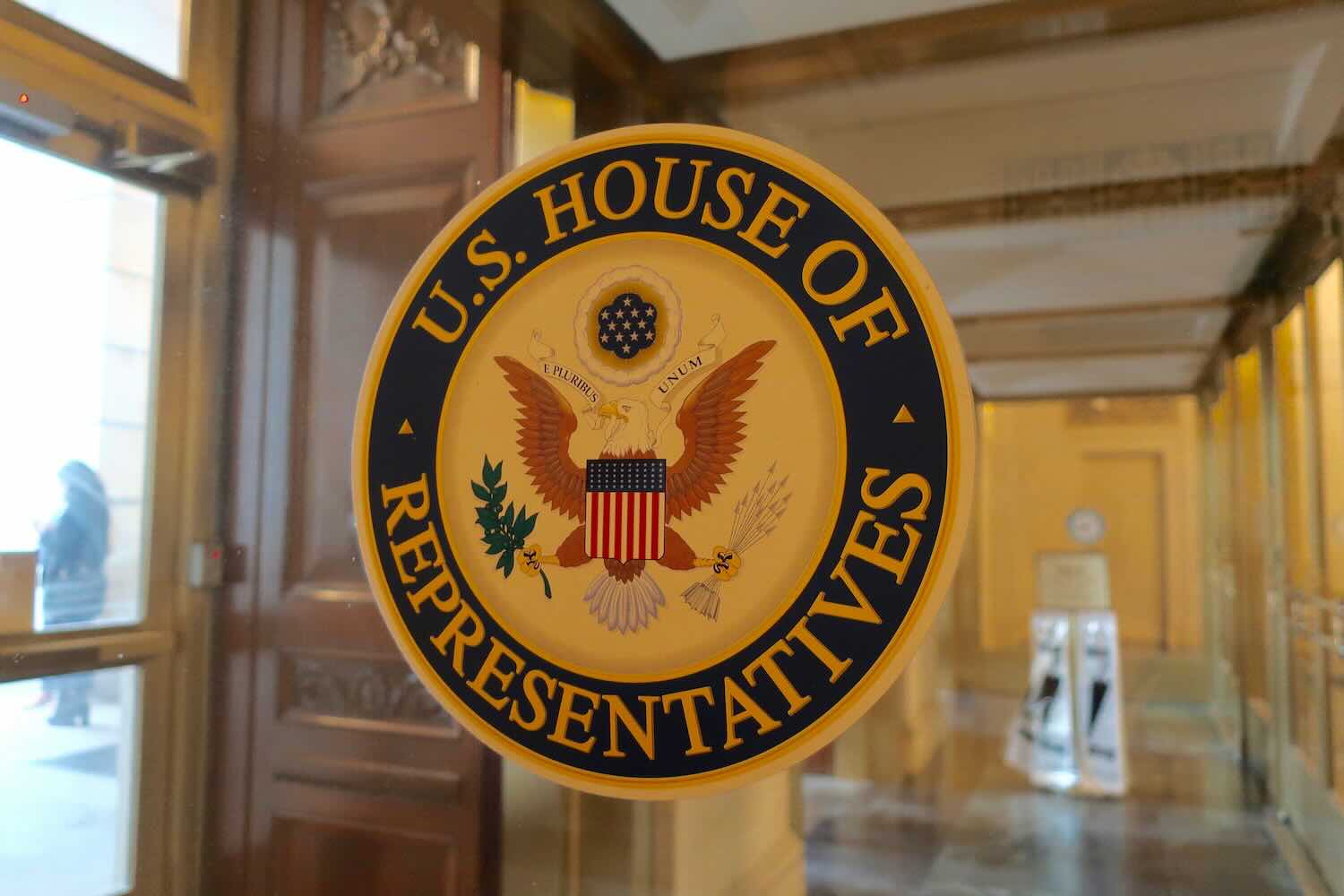Political volatility in the US is once again putting African countries on edge about the US’s commitments and support. Donald Trump’s last term slashed spending that was critical to humanitarian and economic initiatives on the continent. Africa’s impact and philanthropic players have been working to engage more local investors and capital providers to buffer the continent’s development agenda from the whims of foreign governments and investors.
“We need to start thinking about the unique Afro-centric pots of capital that we can tap into,” Frank Aswani of the African Venture Philanthropy Alliance told ImpactAlpha at the network’s recent annual convening in Nairobi.
The Nigerian government eight months ago launched the Nigeria Office for Philanthropy and Impact Investing, or NPO, to mobilize philanthropic and private capital to support the country’s startup and small business ecosystems, which the government sees as key to job creation. NPO’s goal is to mobilize $200 million over the next four years.
“Local capital in Africa is underrepresented,” said NPO’s Thelma Ekiyor-Solanke. “If we’re ever going to have any form of legitimacy as Africans we have to first ensure that there’s local capital in whatever we’re doing.”
One of NPO’s initiatives is its I-Philanthropy platform, which allows individuals and members of the diaspora to give for programs focused on renewable energy, fashion, agriculture and furniture manufacturing. NPO designed the platform to serve as a formal channel to pool and invest the billions of dollars in remittances sent home annually from the Nigerian diaspora overseas.
“Nigerians are willing to give through initiatives back home, and they’re willing to give on a large scale, but we don’t have mechanisms to ensure that that giving is not informal,” Ekiyor-Solanke said.
Catalyzing local capital
The national advisory boards for impact investing, or NABs, in Ghana and Zambia both have initiatives in the works to engage Africa’s institutional investors to support small businesses and green projects. Local insurers, banks and pension funds are right now being mobilized largely with de-risking mechanisms provided by foreign investors, like development finance institutions.
But such investors could be catalyzed by leveraging other under-tapped sources of local capital, such as faith-based contributions made in religious centers, and savings and credit cooperatives, or SACCOs, says Aswani.
Job creation
There aren’t enough good, formal jobs for the enormous number of young people in Africa, leaving many scraping income together from work in the informal economy. The millions of informal micro and small businesses could be a key source of new jobs, if given the right types of capital and resources to grow.
“If you’re not investing in entrepreneurship in Africa, you’re out of business,” Olayide Odediran, a consultant for Acumen’s West Africa workforce investing initiative, warned private investors. US ambassador to Kenya Meg Whitman added that capital is also needed for larger companies working in green energy, agriculture, healthcare and tourism.
“I’m all in favor of small and medium-sized enterprises, but they’re not going to get you to 1.5 or two million jobs a year,” said Whitman, who helmed Hewlett Packard and e-commerce giant eBay. “We need big chunks here.”
New narratives
Whitman, who spoke at AVPA before the US election, argued for investors and other capital providers to rethink their perceptions of opportunities in Africa.
“What I realized when I got here was not only that I thought of Africa 1% of the time, but that investment in Africa broadly was not on the minds of most Fortune 500 or even Fortune 1000 CEOs,” she said. But, she added, “I think the narrative on Africa is changing in the US.”
Whitman facilitated a state visit to the US for Kenyan president William Ruto in May this year, the first for an African leader in 16 years. The visit designated Kenya a major non-NATO ally and aimed to strengthen cooperation in research, trade and defense. The two countries agreed to cooperate in building semiconductors.
While Whitman has worked to strengthen US-Kenya relations, she has however faced criticism from Kenya’s political opposition for “overstepping” diplomatic boundaries and local political interference.












